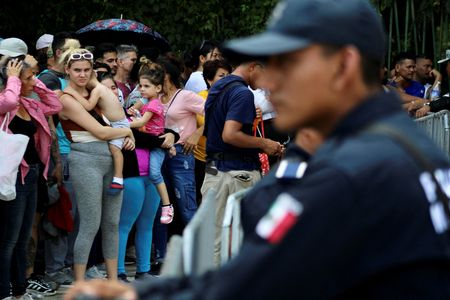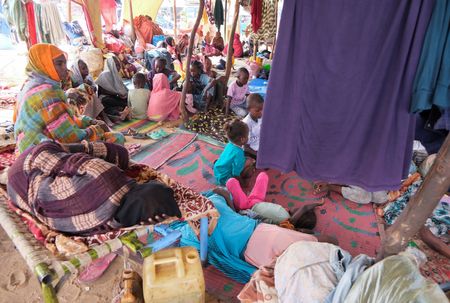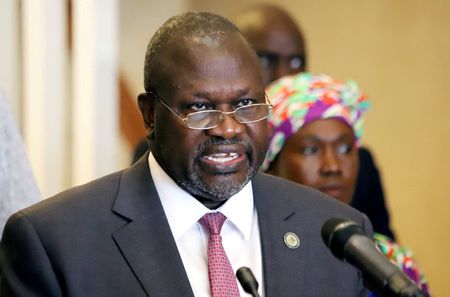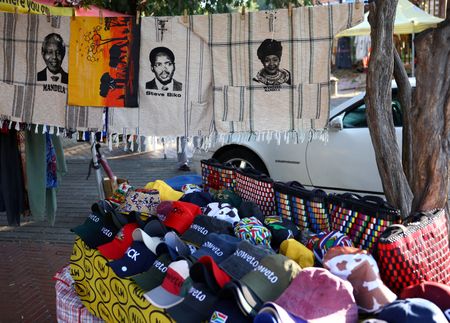LONDON (Reuters) – More than 50 people have died in recent weeks in two clusters of illness cases with unknown cause being investigated in northwest Democratic Republic of Congo, the World Health Organization said on Tuesday.
As of February 16, there have been 431 cases and 53 deaths in two outbreaks in remote villages in separate health zones in Equateur province, the WHO said in a bulletin. The country is roughly the size of Western Europe.
“The outbreaks, which have seen cases rise rapidly within days, pose a significant public health threat. The exact cause remains unknown,” WHO spokesperson Tarik Jasarevic told a briefing on Tuesday.
The villages have limited surveillance capacity and health infrastructure, he noted.
The larger outbreak, reported on 13 February from Bomate village in Equateur’s Basankusu health zone, has killed 45 people out of 419 cases. Almost half died within 48 hours of falling ill, the WHO said, with symptoms including fever, pain, vomiting and diarrhoea.
Samples from 13 cases have tested negative for Ebola and Marburg, but the WHO said health teams were locally investigating other potential causes, including malaria, food poisoning, typhoid, meningitis or other viral haemorrhagic fever.
An earlier outbreak, involving eight deaths among 12 cases, was reported from Boloko Village in Bolomba health zone on January 21, WHO said.
This outbreak was traced back to three deaths among children under five years old in the village earlier that month. Symptoms including fever and fatigue progressed to haemorrhagic signs such as nosebleeds and vomiting blood.
Reports indicated that the children had eaten a dead bat before falling ill.
The other cases were found in the same village and nearby Dondo village, all with similar symptoms. At the end of January, samples taken from patients all tested negative for Ebola and Marburg.
The WHO said no links have been established between the two clusters of cases.
“We are looking into whether it is another infection or whether it is some toxic agent. We have to see what can be done and at what point WHO can support,” said Jasarevic, noting similar outbreaks in the past.
An outbreak of unknown cause reported in Congo in December was ultimately identified as malaria.
(Reporting by Jennifer Rigby and Olivia Le Poidevin; Editing by Richard Chang)







